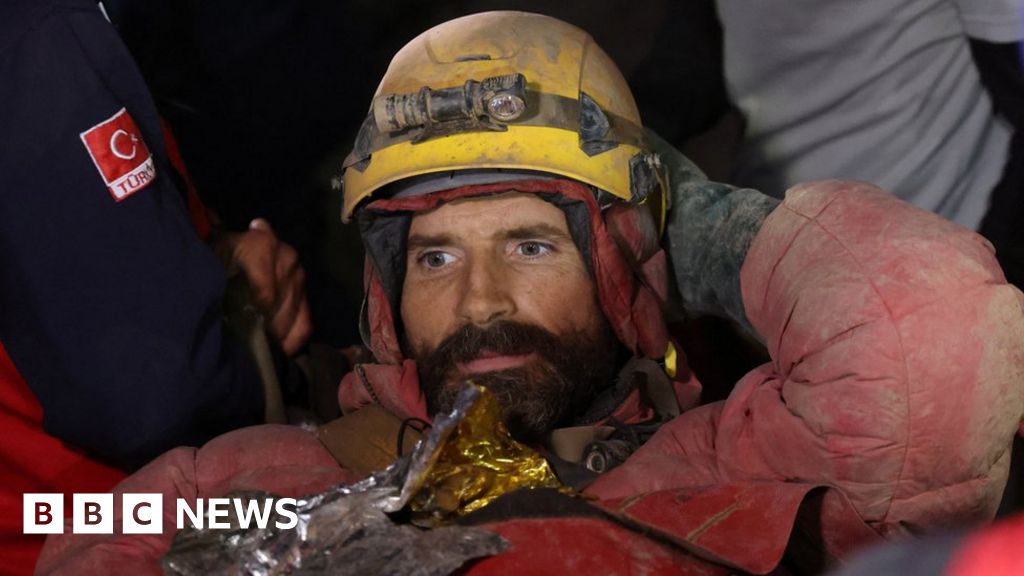US tempts India, Pakistan with Nobel Prize
"If this is done, I am personally convinced of two things ‘that a Nobel Peace Prize would await the Indian and Pakistani leaders who accomplish this task and, even more important, that they will receive the undying gratitude of the peoples of their two countries and of the international community,’" said Mr Inderfurth, US Assistant Secretary of State for South Asian Affairs, from 1997-2001.
According to Mr Inderfurth, the two countries must move along the following the roadmap to succeed in their endeavour:
An end to all Pakistan’s support for cross-border infiltration, resulting in a substantial reduction in internal political violence in Kashmir; a mutual affirmation for the respect of the Line of Control that separates the Indian and Pakistani-held portions of Kashmir. This should include monitoring and confidence-building measures, with international technical assistance, including from the US, as requested by both sides; and a significant reduction in the Indian armed security presence in Kashmir and improved respect for human rights, accelerating the process that has begun with the new (Jammu and Kashmir) State Government of Mufti Mohammad Sayeed promising a "healing touch" for Kashmiris.
He also proposed substantial autonomy for the 13 million people of the Kashmir region, of whom about nine million are under Indian control and four million under Pakistan control; functional arrangements on trade, travel, cultural and religious affairs, and economic development that would institutionalise cooperative relations among Indians, Pakistanis and local Kashmiri representatives and institutions; concrete (meaning financial and investment) international support for joint development and other cooperative projects on both sides of the LoC, revitalising a Kashmir economy and infrastructure devastated by years of conflict; and negotiated Indian and Pakistani agreements on long-term arrangements concerning Kashmir, with the wishes of the people of Kashmir taken into account, possibly followed by formal United Nations Security Council endorsement of these agreements superseding the resolutions adopted at the beginning of the conflict more than 50 years ago.
Mr Inderfurth recalled that during President Clinton’s visit to India and Pakistan in March 2000, he spoke about four principles "the ‘4Rs’ they were called" the need for mutual restraint, respect for the LoC, rejection of violence and resumption of dialogue.
"India and Pakistan should seize on the opportunity presented by Mr Vajpayee’s latest initiative to lay the groundwork for a fifth ‘R’ "a long-term resolution of the conflict," Mr Inderfurth said.
He said in seeking a solution, it will clearly not be possible for either side to achieve its maximalist position.
"Both need to think creatively and flexibly about a solution that would be peaceful, honourable and implementable; one that would truly serve the legitimate interests of all the parties involved, including Kashmiris, and one that both New Delhi and Islamabad could accept," the former US official wrote.
Mr Inderfurth praised the statements and telephone calls between the two sides that heralded the current thaw. He said Mr Armitage, should build on these statements. "But his starting point must be with the pledge the Pakistan President, Pervez Musharraf, made to him on his visit to the region in June of 2002. At that time Gen Musharraf said he would seek a "permanent end" to militant incursions across the Kashmir ceasefire line," Mr Inderfurth said.
Mr Inderfurth said the recent positive change in Indo-Pakistan rhetoric could provide the United States an opportunity to play the role of facilitator in a serious dialogue between the two countries.

/cloudfront-us-east-2.images.arcpublishing.com/reuters/QBI3KQRRPBPJVHVDW3HKK5UON4.jpg)
